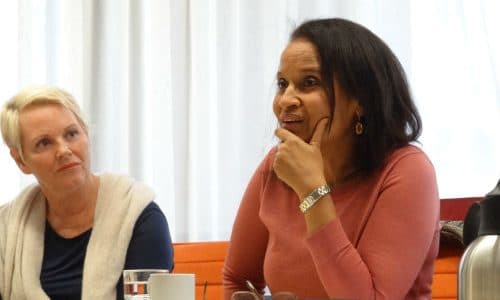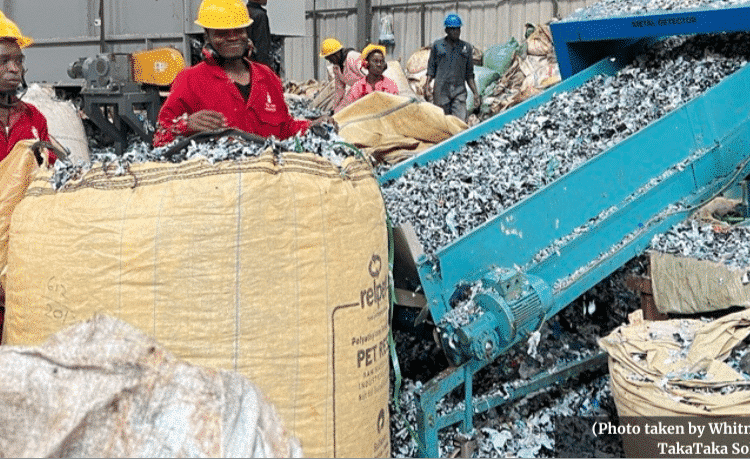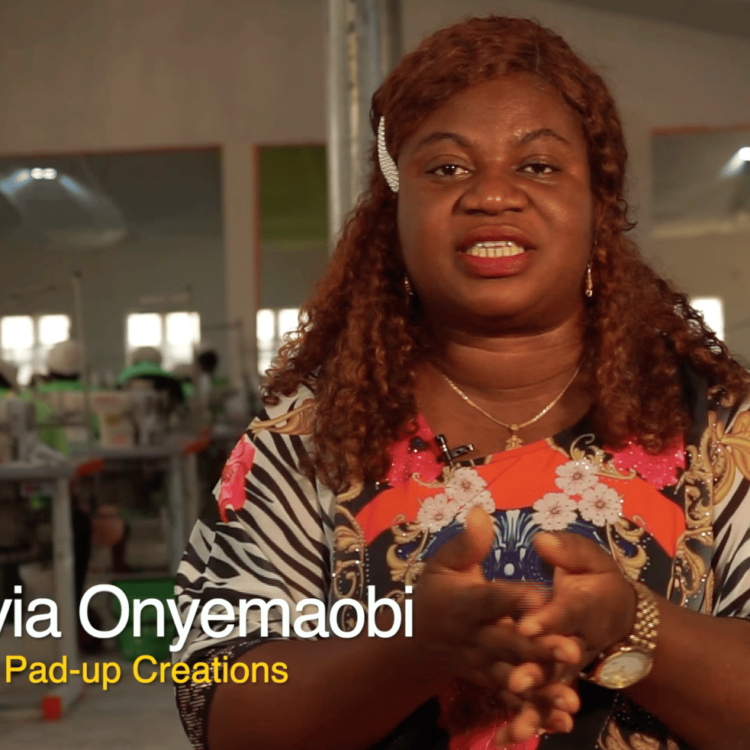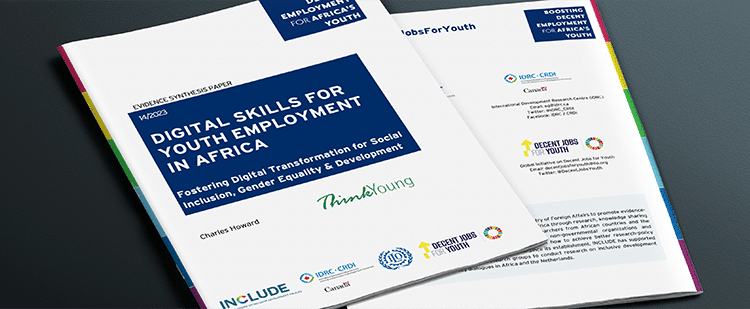
On Friday 4 December WO=MEN and the Task Force on Women’s Rights and Gender Equality of the Dutch Ministry of Foreign Affairs organized a meeting on ‘Empowering African women: the case of the African Development Bank’. Isa Baud and Marleen Dekker, from the INCLUDE steering group and secretariat, respectively, attended the meeting.
The African Development Bank (AfDB) is committed to gender equality. Through its recently published African Gender Equality Index, it provides gender data on 52 countries. The Bank itself made remarkable progress on gender equality; from 2012–2014 more than 50% of the beneficiaries of Bank operations were women. As the AfDB Gender Envoy, Ms Geraldine Fraser-Moleketi has been at the heart of these achievements. ‘I came to the bank as an activist instead of a specialist’, she told the audience.
During the session at the Ministry of Foreign Affairs, Ms Fraser-Moleketi shared her insights. She explained that the AfDB’s Gender Strategy, launched in January 2015, identifies three core areas of support: legal status and property rights, economic empowerment and capacity building. There are working groups and action plans in place to implement the strategy. Most challenging is the plan to change the culture of the bank into a more gender-equal environment. ‘Cultural change is the most difficult thing to do, but we have to change it’, maintained Ms Fraser-Moleketi.
The AfDB will also launch a Women Equity Fund in 2016. The focus of this fund is on SMEs (small to medium-sized businesses) and women in the ‘missing middle’.




